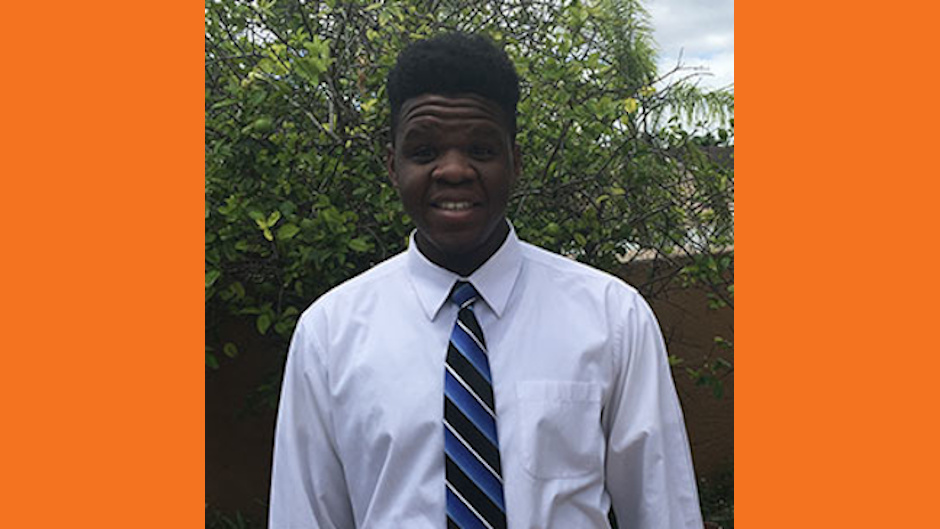Written by: CHRIS BADIAVAS & DANIELA JARAMILLO
Graduated high school. Finally done with school. Out on my own.
These are the sentiments of a typical, late-teens youth; however, this was not the case for Daniel (not his real name). At 16, Daniel did graduate, finished school, and was out on his own—but he was homeless.
At a moment where Daniel should be excited with a great sense of accomplishment, the moment was marked by crippling concern: Where am I going to go? Who can help me? What am I going to do?
Daniel came to South Florida from the Bahamas following the death of his mother. Daniel was 14. There was no one from his home country that could care for him. Daniel’s relative brought Daniel to the United States on a tourist visa. She could only provide care for Daniel for so long. Daniel has never met his father.
Daniel’s story is not entirely unique. In 2013—the year Daniel arrived in South Florida—the Office of Refugee Resettlement reported that 24,668 unaccompanied youth were apprehended by U.S. Immigration Authorities. Many of these children have stories similar to Daniel’s: stories of abuse, stories of abandonment, or stories of neglect. For these children, the United States presents more than opportunity or hope: it provides safety.
Fortunately, Daniel’s story was relayed to Miami Law’s Children & Youth Law Clinic. The clinic took Daniel’s case, and privately filed for dependency and shelter. At the time of Daniel’s petition, he was cycling through places to stay. He’d stay with a friend, or a friend of a friend, or even a person he met on Facebook. Under Florida law, Daniel is a dependent child: he was abandoned by his father and deceased mother, he had no parent or legal custodian to provide care, and he was at risk of imminent harm. Florida’s foster care system was an appropriate remedy to his homelessness.
That being said, Daniel is an immigrant child who is out of status. One might question how an out of status minor can obtain services from the state. Federal law allows for out of status dependent children to apply for Special Immigrant Juvenile Status. Once declared dependent by the state, SIJS applicants can petition United States Citizenship and Immigration Services for SIJS—an avenue to permanent residency. Accordingly, Daniel—and many other out of status children—can obtain the green card that will keep children in the U.S. legally, and allow them to enter the foster care system, receiving the services and protection they require.
Even though SIJS status is available to children, the state courts are at times reluctant to adjudicate immigrant children dependent. Since immigration is a highly politicized issue, the status of immigrant children can obfuscate the court’s role as fact finder. Public interest groups—like CYLC—play a critical role in SIJS cases: advocates must present evidence to the court that immigrant children are filing for dependency under relevant state law. Here in Florida, petitioners must show that immigrant children are filing meritorious claims of abuse, abandonment, or neglect. This determination is the only role of the state courts. Once adjudicated, advocates can then apply to USCIS for SIJS under the federal law.
With the help of CYLC, Daniel was adjudicated dependent and sheltered by a local foster family. Daniel—under the care of the state—is thriving in his placement; he is attending college courses while awaiting the outcome of his immigration application. Daniel’s ultimate goal is to become a high-school administrator and educator—like the so many that helped him after his mother’s passing.
That moment of crippling concern is long gone.

